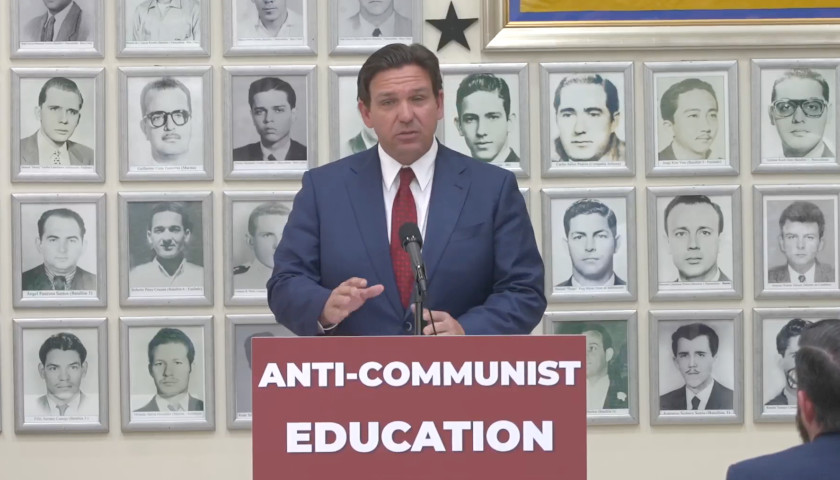by Jon Styf
A Tennessee Senate committee heard testimony on Wednesday on a potential mileage-based user fee to replace the state’s gas tax.
Several states have begun pilot programs on what is called an MBUF while Virginia has gone to a permanent model.
Patricia Hendren, Executive Director of the 17-state Eastern Transportation Coalition that includes Tennessee, said the issue is, with more fuel-efficient vehicles and the rise of electric vehicles and hybrids, gas taxes are no longer a tax that equates to a road usage fee.
As Sycamore Institute showed in its recent policy statement on road infrastructure needs and funding, taxes on fuel and registration are the largest funding source for transportation projects in Tennessee. The state currently has a one-year moratorium on personal vehicle registration fees but normally charges $16.75 annually for most vehicles, $100 for electric vehicles and 26 cents per gallon for gasoline along with 27 cents for diesel.
Those fees bring in $1.1 billion annually to the Tennessee Highway Fund. The Tennessee Advisory Commission on Intergovernmental Relations recently reported that the state, one of just six which does not take on debt for road projects, has $34.7 billion of transportation infrastructure needs.
Sycamore Institute noted one state agency estimate said the rise in more fuel-efficient, hybrid, and electric vehicles could decrease the state’s annual transportation revenues by as much as $130 million in 2030.
In 2020, Tennessee spent $2.8 billion on transportation projects with 75 percent of that funding coming from the state.
Late last year, Gov. Bill Lee claimed the state needs $26 billion in funding toward road congestion, with $14 billion for the state’s four major metro areas and $12 billion for rural interstates.
Members of the State Senate Transportation and Safety Committee heard presentations from Hendren and Reason Foundation Senior Managing Director Baruch Feigenbaum, asking questions of the two on issues related to the mileage-based taxes.
Hendren said the new system typically cut costs for rural drivers, who tend to have less fuel-efficient vehicles and therefore pay more gas taxes currently than others. She said a key is having plenty of options on how to report mileage, from phone apps to reporting odometer readings to having the option of paying the average fee for a user with the same vehicle type.
Sen. Frank Niceley, R-Strawberry Fields, said monitoring devices on vehicles continue the narrative that “We’re one nation under surveillance.”
Feigenbaum said, while he is not suggesting a fee, the range is usually 1.5 cents to 2 cents per mile. The fees would be paid monthly through a third-party provider. The taxes would replace the current state gas tax.
Sen. Becky Duncan Massey, R-Knoxville, said she participated in a pilot program for the mileage-based monitors last fall and is open to a pilot program in Tennessee. She noted some issues would have to be addressed, such as a partnership with neighboring states as she said that 30 percent to 40 percent of Tennessee’s current gas tax is paid by out-of-state drivers.
– – –
Jon Styf is an award-winning editor and reporter at The Center Square who has worked in Illinois, Texas, Wisconsin, Florida and Michigan in local newsrooms over the past 20 years, working for Shaw Media, Hearst and several other companies.








